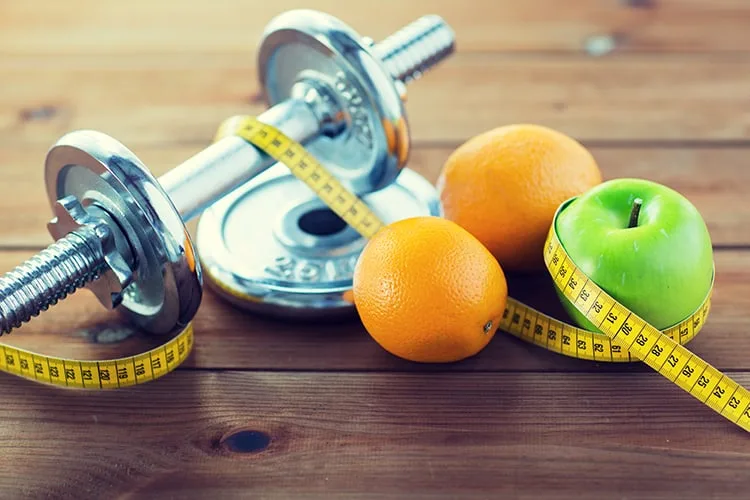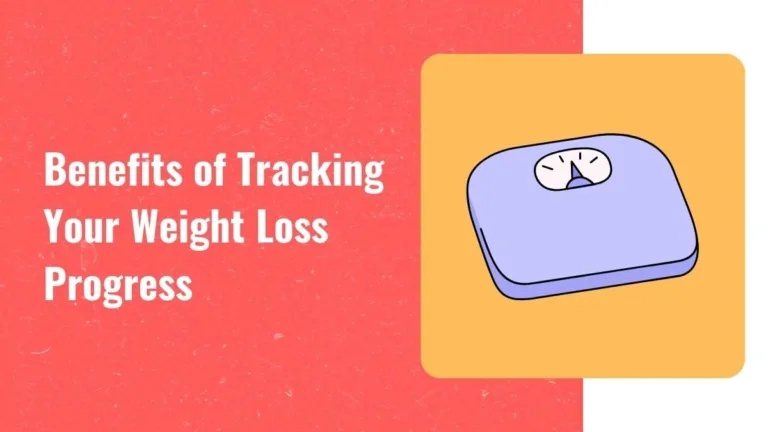Diet vs. Exercise for Weight Loss: A Guide for Men
Diet vs Exercise for Weight Loss: A Guide for Men
When it comes to shedding those extra pounds, men often find themselves in a tug of war between diet and exercise for weight loss. The question that lingers is – which is more effective for weight loss: changing what you eat, or how you move? Let’s dive deep into this debate to help men choose the best strategy for their weight loss journey.
Understanding Weight Loss
Weight loss primarily depends on calorie balance. Consuming fewer calories than your body expends leads to weight loss, while eating more than what you burn results in weight gain. Both diet and exercise can influence this balance, but they do so in different ways.
The Role of Diet
- Easier Caloric Reduction: Cutting calories from the diet is relatively simple. It is easier to control food intake than to burn extra calories through exercise.
- Variety of Choices: Modern diets offer tailor-made options to suit individual needs, from low-carb and keto to vegan or Mediterranean.
- Consistency: It’s generally easier to maintain a consistent calorie deficit by controlling food intake than by ensuring you burn extra calories every single day.
- Impact on Metabolism: Drastically reducing caloric intake can slow down metabolism, making it tougher to lose weight over time.
The Role of Exercise
- Muscle Building: Exercise, especially strength training, helps build muscle mass. More muscle means a higher resting metabolic rate, leading to increased calorie burn even during rest.
- Mental Benefits: Physical activity releases endorphins, which can help reduce stress and depressive symptoms often linked to overeating.
- Improved Insulin Sensitivity: Exercise improves the body’s ability to use insulin and absorb glucose, reducing the risk of type 2 diabetes.
- Other Health Benefits: Exercise reduces the risk of cardiovascular diseases, improves lung capacity, bone density, and overall longevity.
The Combined Approach
Multiple studies suggest that a combination of diet and exercise is the most effective approach to weight loss. While diet can play a more dominant role, exercise enhances the outcomes.
A 2017 systematic review found that diet-only interventions led to more weight loss than exercise-only interventions. However, combining dietary interventions with exercise produced even better results.
- Testosterone and Muscle Mass: Men naturally have more muscle mass. Combining diet with strength training can help maintain or build muscle while losing fat.
- Belly Fat: Men tend to accumulate fat around their midsection. Both diet and exercise are crucial for trimming down this area.
- Bone Health: Weight-bearing exercises can be beneficial for preventing bone density issues in men.
Tips for Success
- Start Slow: Make gradual changes in your diet and exercise routine.
- Find a Workout Buddy: Exercising with a friend can provide motivation and accountability.
- Educate Yourself: Understand the nutritional values of the foods you eat.
- Engage in Activities You Enjoy: Find an exercise that you love to ensure long-term commitment.
- Re-evaluate Regularly: Check your progress, set new goals, and adjust your diet and exercise plans accordingly.
Challenges Faced by Men
Men face unique challenges when it comes to weight loss. Understanding these challenges can make the process more effective.
- The ‘Manly’ Image: Societal pressures to be strong and fit can cause insecurity. Addressing these pressures is essential for mental and emotional well-being.
- The Temptation of Fast Food: Quick bites marketed towards men can lead to weight gain when consumed regularly.
- Meat-Centric Meals: A focus on red meat can increase caloric intake. A diverse diet including lean meats, fish, and plant-based proteins is important.
- Skipping Meals for Weight Loss: Skipping meals can lower metabolism. Instead, focus on smaller, balanced meals throughout the day.
- Emotional Eating: Recognize emotional triggers that contribute to overeating and address them.
- Alcohol Consumption: Regular heavy drinking adds empty calories and affects metabolism.
The Holistic Approach
Weight loss is not just about numbers on the scale. It’s a journey to better health and overall well-being. Some tips for a holistic approach include:
- Focus on Non-Scale Victories: Celebrate achievements like increased stamina and better-fitting clothes.
- Listen to Your Body: Pay attention to how you feel and the positive changes in energy levels and overall health.
By understanding societal pressures, incorporating mental health, and embracing a holistic approach, men can achieve their weight loss goals and lead healthier, happier lives.
Stay informed, stay patient, and keep moving forward!







